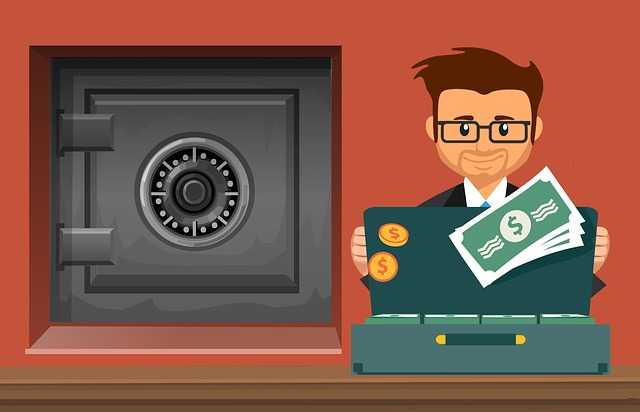What is the Emergency Fund?
As the name suggests, money that you set aside for any emergency situations, such as – unexpected job loss, major medical expenses, natural disaster or any sudden expenses.
Why we need an emergency fund?
An emergency fund needs to be building to meet your emergency expenses. If you lose your job, I am sure you will get a new one soon, but until then you still have to be paying your home or car loan EMIs, children’s education expenses etc. Or in case of any major medical expenses, you may not want to liquidate your long term investments. Using a credit card or taking a high-interest loan is not actually a good idea. So the reason is to improve your financial security.
What should be the size of an emergency fund?
It depends on your expenses. Normally it should be your 3 to 6 months living expenses. If you don’t have it yet, start building now. If you are going through a tight budget, start small and save a little regularly.
Where to park my emergency fund?
Growth should not be your concern for an emergency fund. Safety and liquidity is the priority – your capital must be safe and easily accessible in emergency situations.
So you can start with savings bank account – where your money is highly liquid but with the low-interest rate (4-6%).
If you are not happy with low savings bank interest, then you can go for bank FD. Peace of mind is guaranteed with assured returns. You can liquidate FD anytime with a minimal penalty on premature closure.
Another good option to park your emergency fund is liquid fund – a debt mutual fund which invests only in short term money market instruments, and hence least risky. It never produced negative returns for any quarter. The top-performing liquid funds produced 9.5 -10% annualized returns in the last 1-2 years. Liquid funds do not have exit load and redemption takes just 1 day to credit the amount in your account. And the tax advantage (especially for the dividend option) makes it much more attractive than bank FD. So, if you want better post-tax return then liquid funds are more suited than bank FD.
But as I said return is not a concern for an emergency fund, but your fund’s safety and liquidity is. So, choose the option you feel comfortable.




